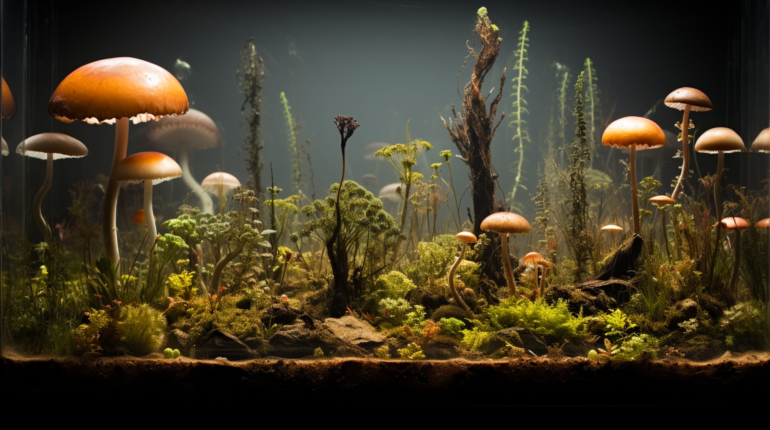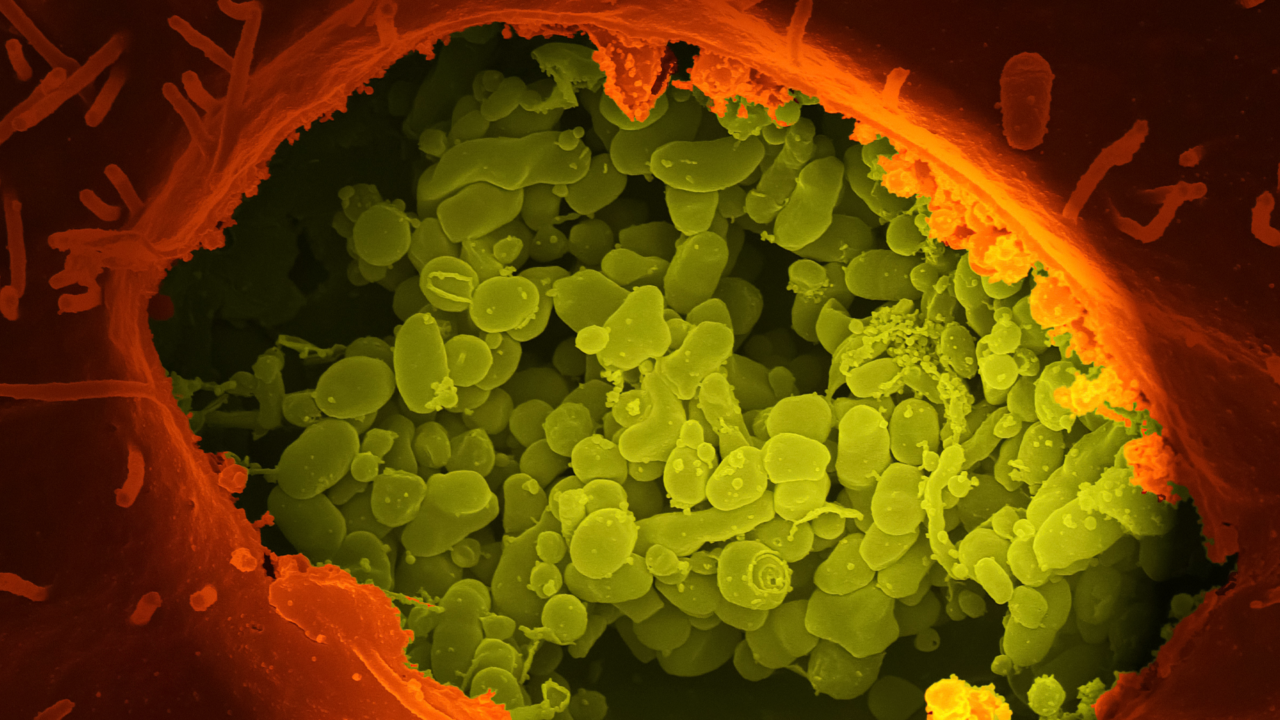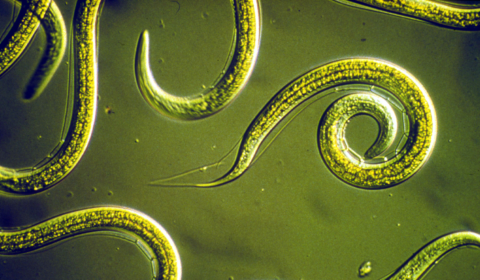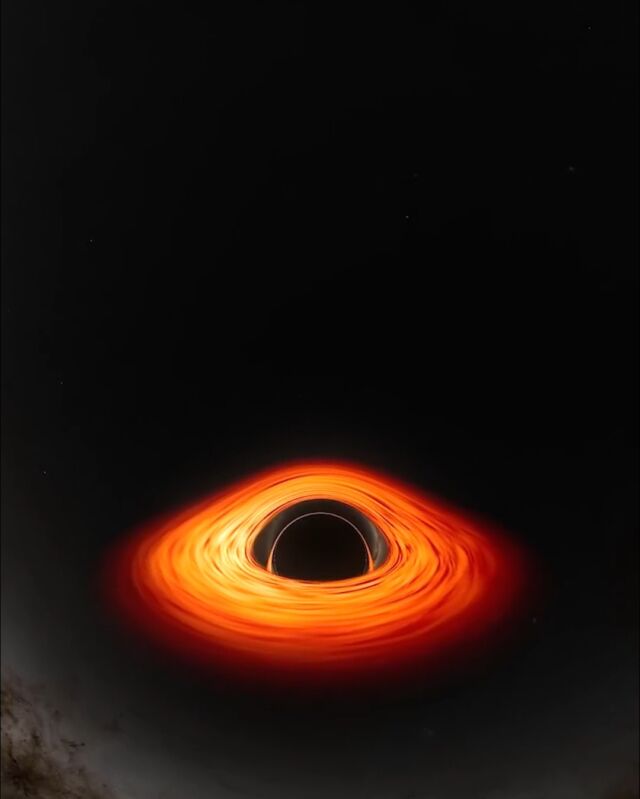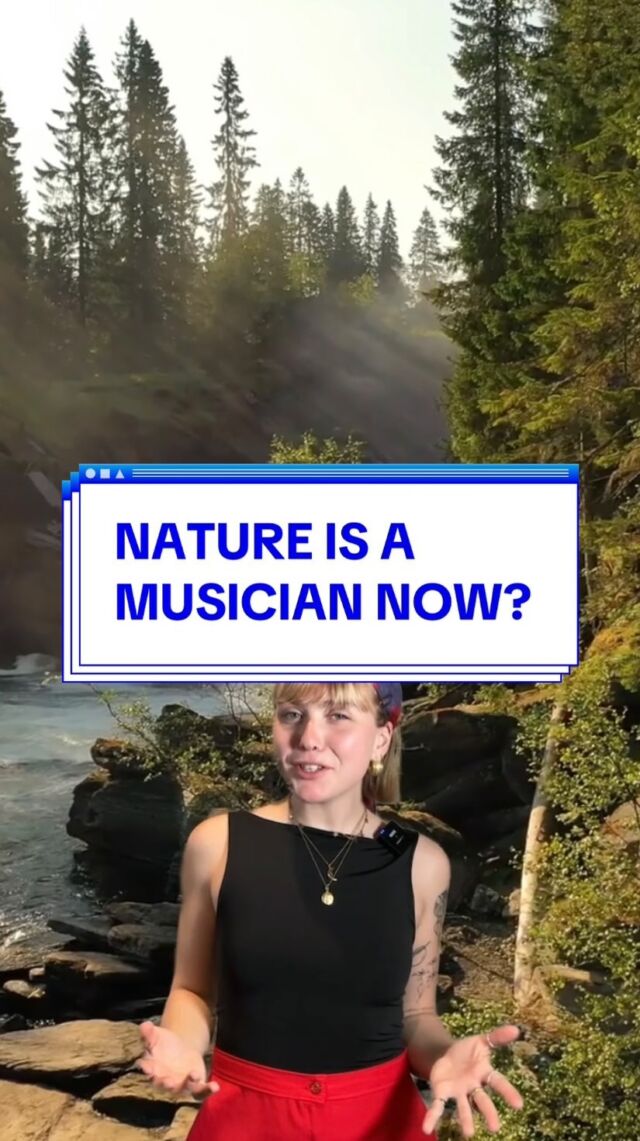Gene therapy successfully curbs alcoholism in study
Gene therapy has shown promising results in treating a variety of diseases from cancer to HIV. Now, the same technology is being investigated as a potential treatment for alcohol addiction. Gene therapy has changed the medical field in countless ways, transforming how patients are diagnosed and treated for a wide...
Current in Science
Soil home to more than half of the Earth’s species
According to a new study, 90 per cent of fungi, 85 per cent of plants, over 50 per cent of bacteria, and 59 per cent of life overall dwells in this ecosystem – double what many previously thought. A recent analysis has found that soil – the top layer of...
Surgeons perform UK’s first-ever successful womb transplant
Set to make the procedure another option for treating infertility within the next few years, the breakthrough is being hailed as the ‘dawn of a new era’ in reproductive medicine, as well as an incredible advancement in gynaecology. According to Imperial College London, one in 5,000 British women are born...
Are deepfakes convincing enough to create false memories?
A new study has found that watching deepfake videos and reading short text descriptions of made-up remakes can cause people to falsely remember watching non-existent films. Last month, researchers at University College Cork in Ireland published findings from their research into false memories, a study which indicates that the impacts...
How the pandemic upended our perception of time
A new paper by cognitive neuroscientist Nina Rouhani has uncovered that isolating to curb the spread of COVID-19 significantly impacted our ability to accurately recall events – findings that are consistent with memory lapses experienced by prison inmates. Though almost everyone agrees that time has been passing very strangely...
Bacteria is now being used to create endlessly recyclable plastic
Scientists at Berkeley Lab have developed a new way to engineer bacteria to produce raw materials that can be made into plastic. They’re completely recyclable. We probably don’t need to tell you that plastic is bad for the environment. A major polluter that causes significant headaches around the world, plastics...
Scientists resurrect functionally extinct animal frozen for 46,000 years
Scientists have revived microscopic animals from a slumber lasting some 46,000 years. Discovered in Siberian permafrost, researchers believe studying their evolution may show how species will adapt to a rapidly changing world. Microscopic animals hailing from the same prehistoric era as Neanderthals and dire wolves are currently multiplying in a petri dish. Got the heebie-jeebies? Also known as roundworms, the batch of nematodes were awoken from their paralysed state deep within...
The race to build a nuclear-powered moon base
Experts are turning to nuclear power to revolutionize energy generation on the moon, thanks to its remarkable reliability. Humanity has long been interested in the vast possibilities of space exploration. For decades, ever since Neil Armstrong first set foot on the lunar surface, many have envisioned a base there. A moon base would allow us to conduct long-term scientific research and could serve as a staging ground for future missions...
Fragments of interstellar meteor discovered in the Pacific Ocean
Harvard University Professor Avi Loeb has recovered tiny iron fragments near the fireball path of the first recognised interstellar meteor. Tests are now underway to discover more about its mysterious origin beyond our solar system. Scientists looked on in wonder in 2014, as a 500kg fireball plummeted from the sky and crashed into the Pacific Ocean near Manus Island. In the years that followed, research was compiled to determine whether the...
Scientists discover that the Earth’s atmosphere can clean itself
Researchers have found that a strong electric field between airborne water droplets and surrounding air can create a molecule called hydroxide, which breaks down pollutants. Amid the constant, disheartening chatter of how climate change is threatening the planet’s survival, here’s a galvanising report to prevent you from falling victim to yet another bout of existential dread. According to researchers at the University of California, Irvine (UCI), the Earth’s...










